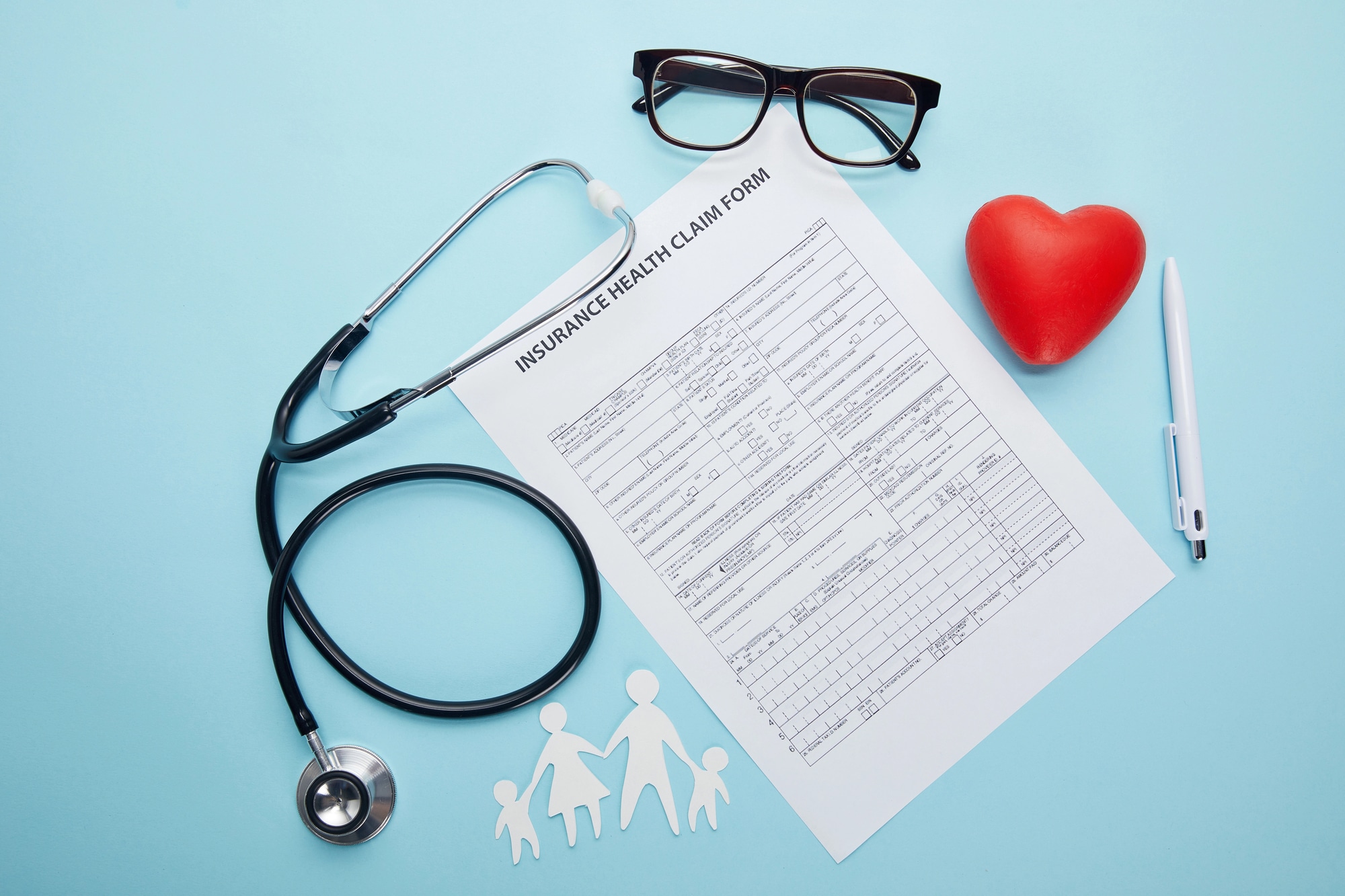
Methadone Treatment for Opioid Addiction: Answers to Common Questions
Methadone is a cornerstone in treating opioid addiction, providing a safe, effective pathway to recovery. As part of a Medication-Assisted Treatment (MAT) program, methadone treatment helps individuals manage cravings and withdrawal symptoms, enabling them to focus on long-term recovery goals. In this blog, we’ll address some common questions about methadone treatment, offering clear, concise answers to help you better understand this option for overcoming opioid addiction.
What Is Methadone?
Methadone is a long-acting opioid medication primarily used in the treatment of opioid use disorder (OUD). Unlike short-acting opioids like heroin or prescription painkillers, methadone is designed to be taken under medical supervision and does not produce the euphoric “high” associated with misuse. Instead, this FDA-approved medication helps to manage cravings and withdrawal symptoms, stabilizing patients so they can work towards their recovery.
How Does Methadone Work in Treating Opioid Addiction?
Methadone works by binding to the same receptors in the brain that other opioids target. However, it does so without causing the intense highs and lows that lead to opioid misuse. By acting as a full opioid agonist, methadone activates these receptors just enough to prevent withdrawal symptoms and cravings, allowing individuals to regain control of their lives without the disruptive cycle of addiction.
Is Methadone Treatment Effective for Opioid Addiction?
Yes, methadone is a proven, effective treatment for opioid addiction. Research consistently shows that methadone, when combined with counseling and other supportive services, can significantly reduce opioid misuse, improve patient retention in treatment, and lower the risk of overdose. Many people have successfully used methadone to maintain long-term recovery, with the medication allowing them to rebuild their lives without the constant struggle of withdrawal.
How Long Do You Have to Be on Methadone Treatment?
The length of methadone treatment varies from person to person. For some, methadone may be needed for several months, while others may benefit from long-term use over several years. The decision to taper off methadone should be made in consultation with a healthcare provider, based on the individual’s progress in recovery. The priority is not how quickly you can stop the medication, but rather how well you are managing your addiction and avoiding relapse.
Is Methadone Addictive?
While methadone is an opioid, the risk of developing an addiction to it is very low when taken as prescribed under medical supervision. Methadone is administered in a controlled environment and is carefully dosed to prevent misuse. The goal of methadone treatment is to stabilize individuals with opioid use disorder, allowing them to break the cycle of addiction and focus on their recovery.
What Are the Side Effects of Methadone?
Like any medication, methadone can have side effects. Common ones include drowsiness, constipation, sweating, and dry mouth. These effects typically subside as the body adjusts to the medication. However, more serious side effects like difficulty breathing or heart rhythm issues are rare and should be addressed immediately by a healthcare provider. Regular check-ups and communication with your treatment team can help manage any side effects that arise.
Can You Stop Methadone Treatment Abruptly?
No, abruptly stopping methadone treatment can lead to severe withdrawal symptoms, such as anxiety, muscle pain, nausea, and cravings, which increase the risk of relapse. If you decide to discontinue methadone, it’s crucial to do so under the supervision of a healthcare provider who will develop a tapering plan to gradually reduce the dose and minimize withdrawal effects.
Can You Drive While Taking Methadone?
In the initial stages of methadone treatment, drowsiness is a common side effect, and it’s recommended to avoid driving until you know how the medication affects you. However, as individuals stabilize on a regular dose, many are able to drive and resume their normal daily activities. Always follow your healthcare provider’s advice regarding driving while on methadone.
How Often Do You Need to Take Methadone?
Methadone is typically taken once daily. Its long-lasting effects provide 24-hour coverage, reducing withdrawal symptoms and cravings over the course of the day. This once-daily dosing is one of the benefits of methadone, allowing individuals to maintain a regular routine without the need for frequent dosing.
What Is the Difference Between Methadone and Suboxone?
Methadone and Suboxone are both used in Medication-Assisted Treatment, but they work in slightly different ways. Methadone is a full opioid agonist, meaning it fully activates opioid receptors in the brain, while Suboxone contains buprenorphine, a partial agonist, which only partially activates these receptors. Methadone is often preferred for individuals with more severe opioid dependence, while Suboxone is another effective option, especially for those looking to avoid the full effects of opioids.
Where Can You Get Methadone Treatment in Connecticut?
Methadone treatment is available at licensed outpatient clinics. At New Era Rehabilitation, we offer methadone as part of our comprehensive MAT program in both Bridgeport and New Haven, Connecticut. Our clinics provide a safe, supportive environment where individuals can receive methadone along with counseling and other services to help them achieve lasting recovery.
How Much Does Methadone Treatment Cost?
The cost of methadone treatment can vary depending on factors like location and insurance coverage. Many insurance plans, including Medicaid, cover methadone treatment. At New Era Rehabilitation, we are committed to making treatment accessible and affordable. Contact us to discuss your options and find out more about insurance coverage.
Reach Out to New Era in Bridgeport or New Haven Today
Methadone plays a vital role in helping individuals recover from opioid addiction. As part of a comprehensive MAT program, it offers a path to stability and long-term recovery. If you or someone you love is struggling with opioid addiction, don’t wait—reach out to New Era Rehabilitation in Bridgeport or New Haven today. Our compassionate team is here to provide support and guide you through the process of recovery.
Contact us online or call 203-562-2101 to learn more about methadone treatment and other services available to help you take the next step toward a healthier, addiction-free life.





